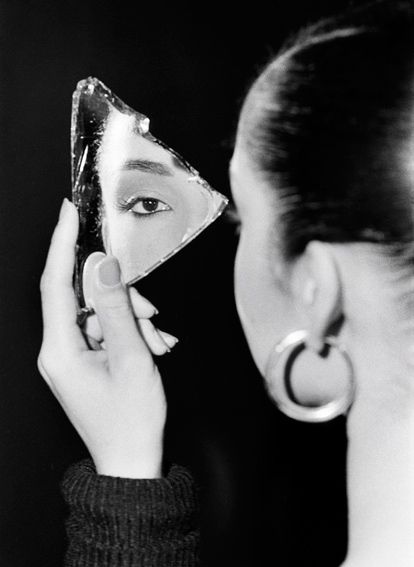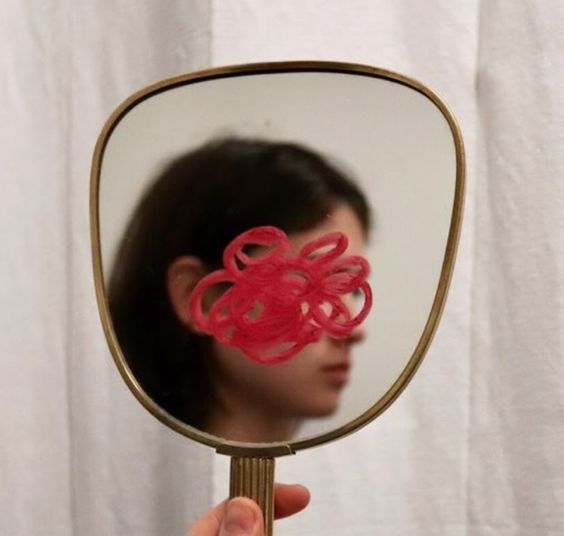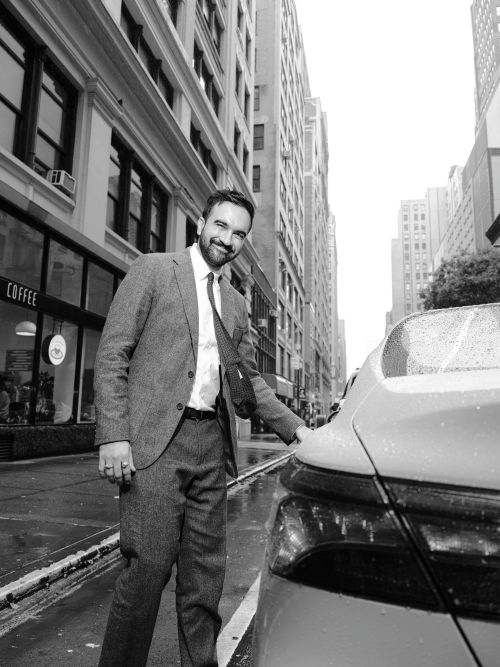Let’s admit it, we all want to be pretty or good-looking. Perhaps it’s not at the forefront of what people think in their daily lives, but it is normal; after all, humans have equated beauty to being well-liked for centuries. Perhaps there have been times when you’ve looked at yourself in the mirror and thought, “Am I ugly?” Which then quickly becomes an affirmation of, “I am ugly.”
In a society that places more value on external qualities — on looks — it’s difficult to see oneself objectively. Every time you glance in the mirror, there is always a new imperfection. But who is to blame?
The Role of Social Media
Every time you open a social media app like TikTok or Instagram there is always a new insecurity people are pushing, or conversely, a new physical quality that everyone is raving about. Everything from “hip dips” and ab cracks to canthal tilts to thigh gaps — and so many more things. The moment you hop onto social media, you’re bombarded with people who have flawless skin, healthy hair and enviable bodies. With so much to process, your mind hardly stops to think about who really is behind that screen and how much effort goes into those professional-looking Instagram shots.
Since the launch of Instagram and other social platforms, editing has been popular among celebrities and amateurs alike. How far the editing goes is really dependent on the individual. Some may prefer to do simple edits like removing a blemish, while others drastically alter their appearances using Photoshop or filters. Keep in mind that whatever is on that screen doesn’t always reflect real life, so don’t compare yourself!

It’s also important to remember that these celebrities have the resources and the means to achieve a certain lifestyle and a certain look. They have personal trainers, dietitians and social media managers that ensure that the image they project to the public is always immaculate with proper lighting and just the right angles.
Influencer Culture
At the flip of a switch, some influencers claim to have a solution for it all, preying on longstanding insecurities and rigorous beauty standards. They try to sell their audiences exercises to get rid of “hip dips” (which cannot be removed through exercise) or workouts to highlight an “ab crack” (whose visibility is heavily reliant on individual genetics). In the end, this all but convinces you that there is something wrong with you and that it must be fixed. Yet, it remains that many of the features labeled undesirable are perfectly normal. Though numerous fitness influencers have acknowledged the misinformation circulating social media about hip dips, the idea that they are problematic persists.
It’s important to note that people of any gender are affected by these issues. Amongst the male population, ‘looksmaxxing,’ is especially popular and just as toxic. While influencers like @adixovic on TikTok herald their content as ‘self-improvement,’ their approach to beauty and wellness can be problematic. Often, they claim their methods are science-based but err on the side of extremes. In the end, they feed into the insecurities of onlookers or inject newly created ones.
The Algorithm
A controversy in recent years has been that sites like TikTok and their algorithm highlight people with pleasing features, thus aggravating the effects of “pretty privilege.” A point of contention is whether certain TikTokers are talented or are simply benefiting from TikTok’s algorithm and society’s fixation with a pretty face. It’s not clear exactly how TikTok “scores” an individual’s attractiveness but it does underline the importance society places on physical appearance. An attractive face is more likely to get more views simply because it is pleasing to look at. With that in mind, it is highly possible that those influencers on your For You Page aren’t just average, they’re just disproportionately represented.

Final Thoughts
Perhaps it’s cliché, but it’s important to remember to be kinder to yourself. What you see online isn’t always the full story. There is nothing wrong with wanting to improve your appearance, but extremes are dangerous. That said, self-improvement should not have to come at the expense of your mental health. Remember, you’re not perfect and that’s what makes you human and perhaps the most attractive!
Tag us on Instagram, @VALLEYmag, to show us how you let your inner beauty shine through!





